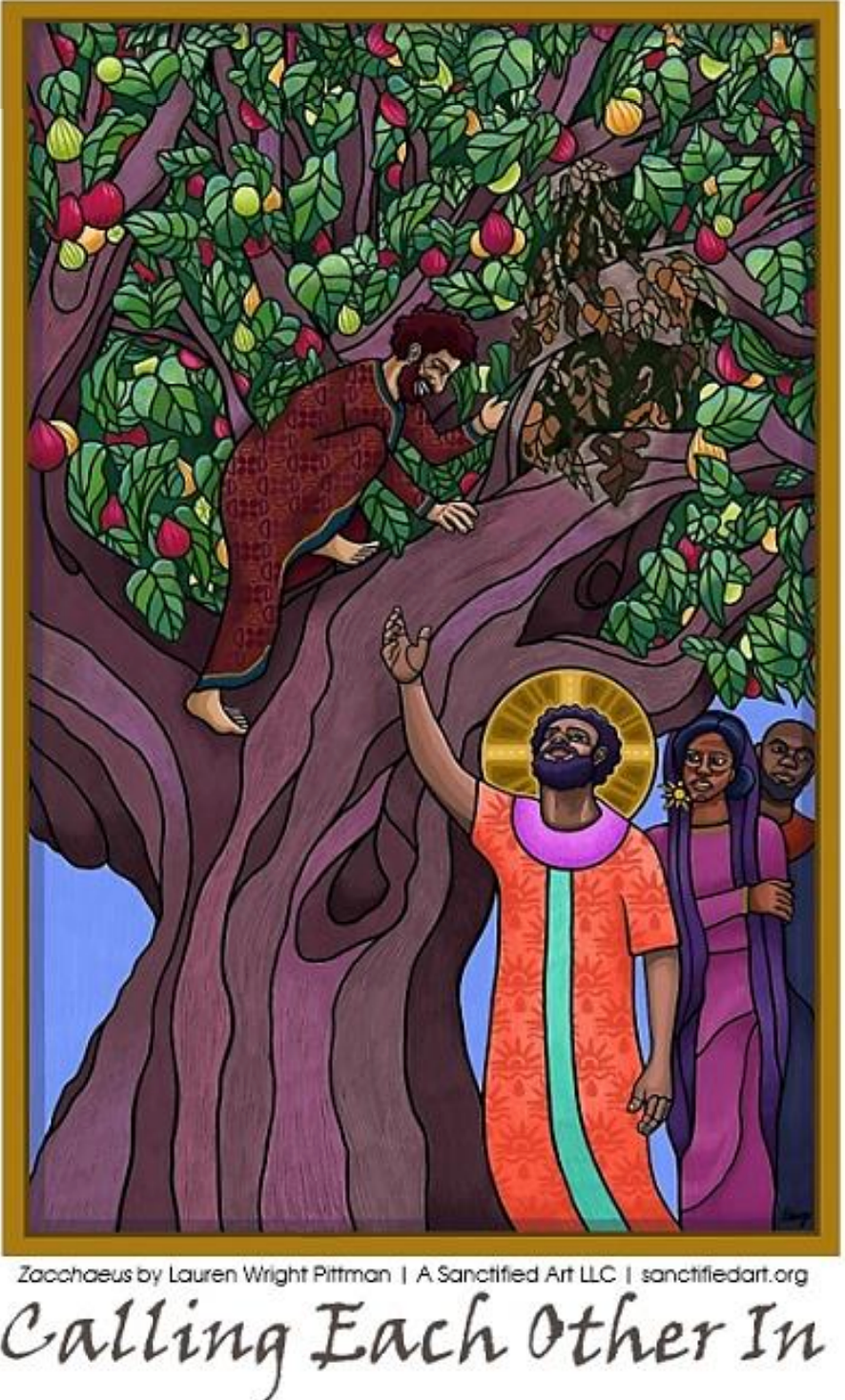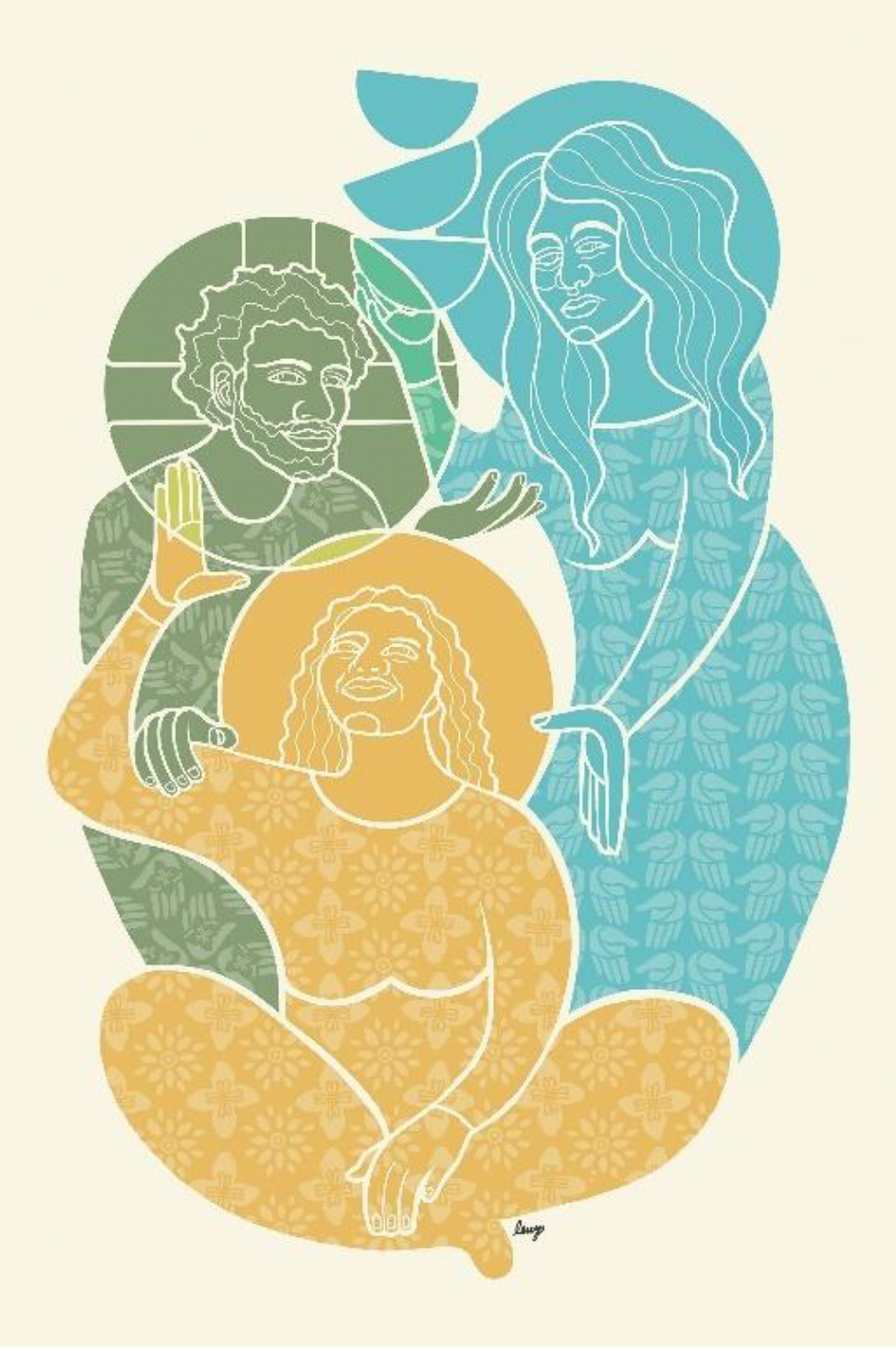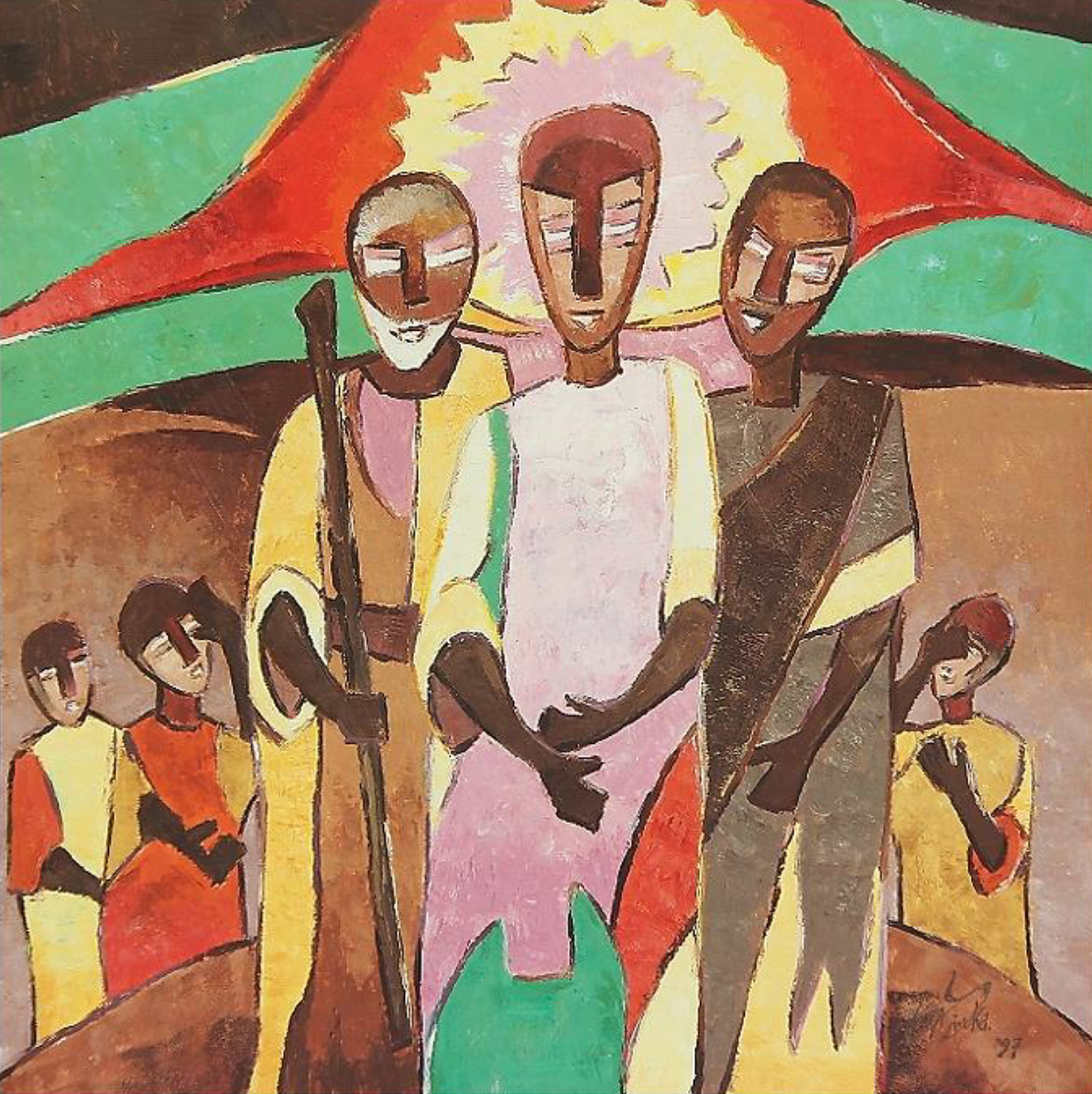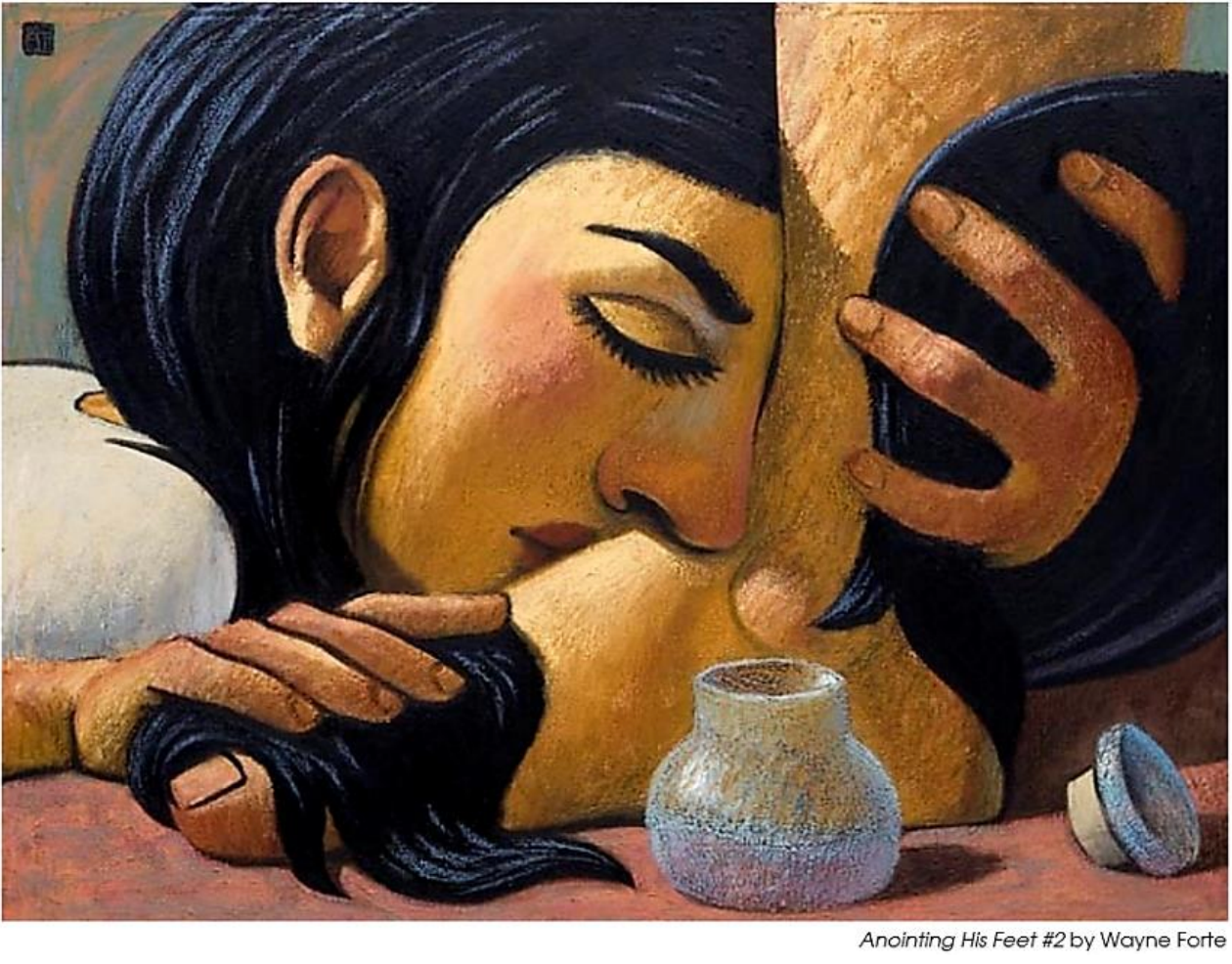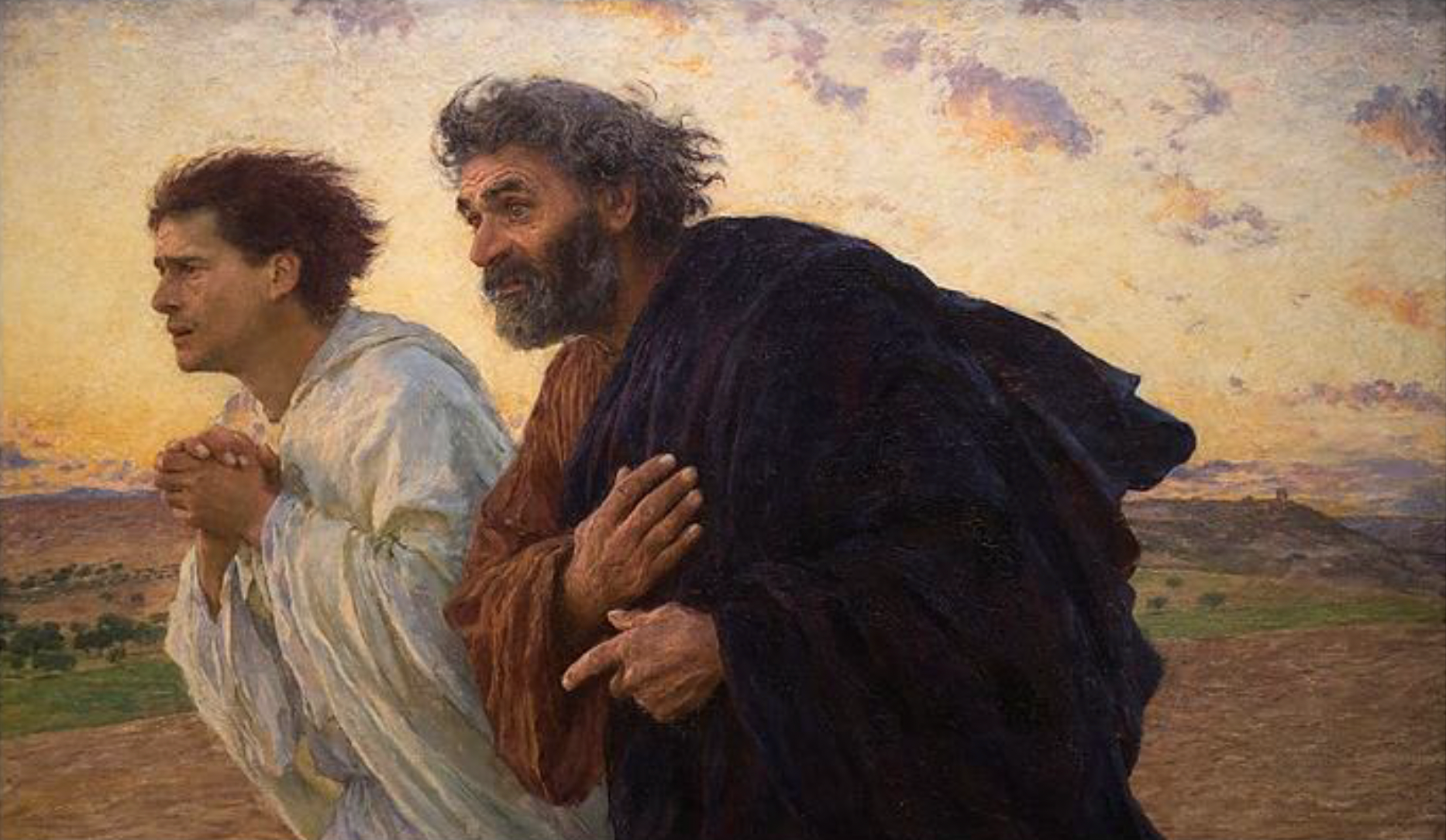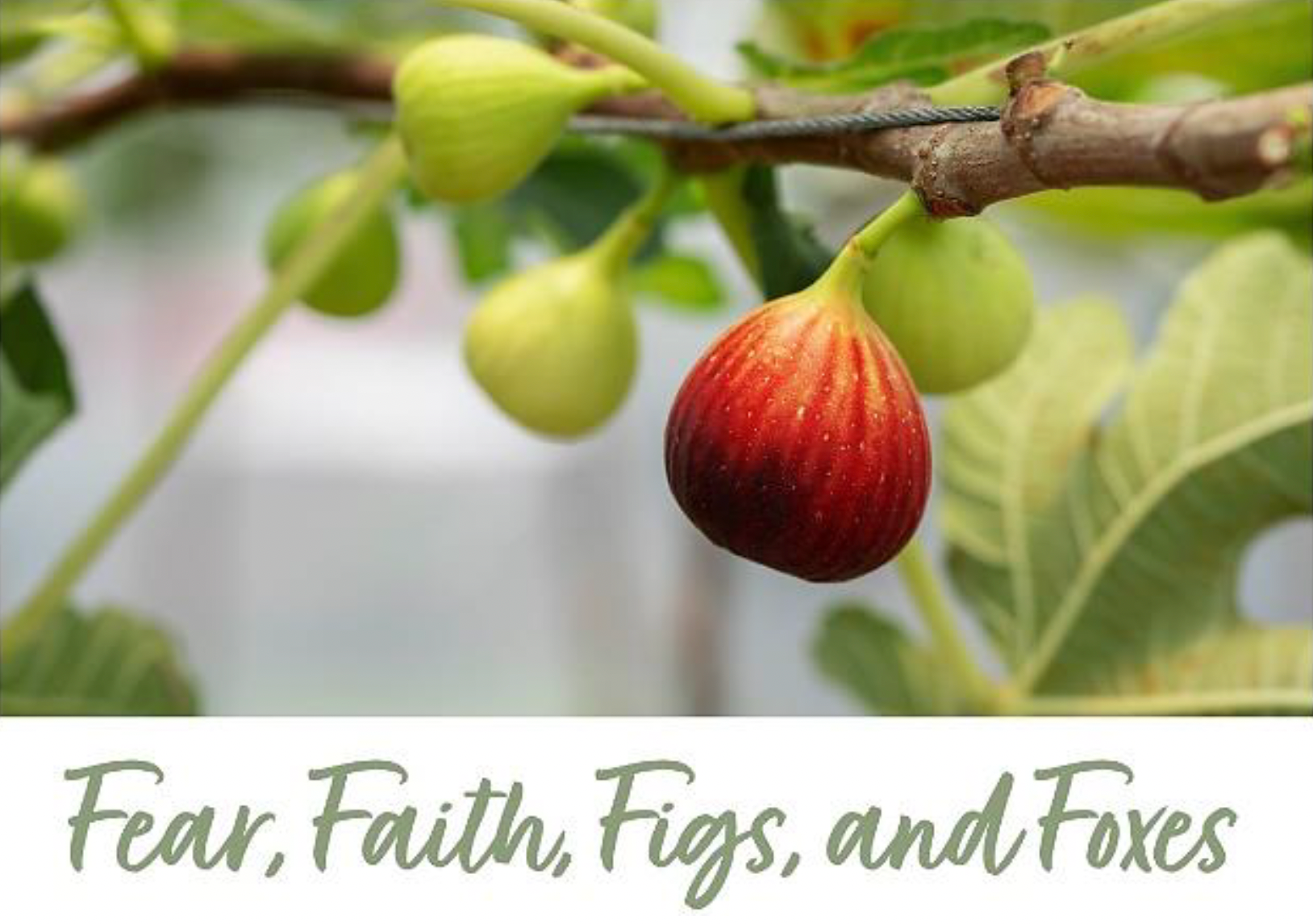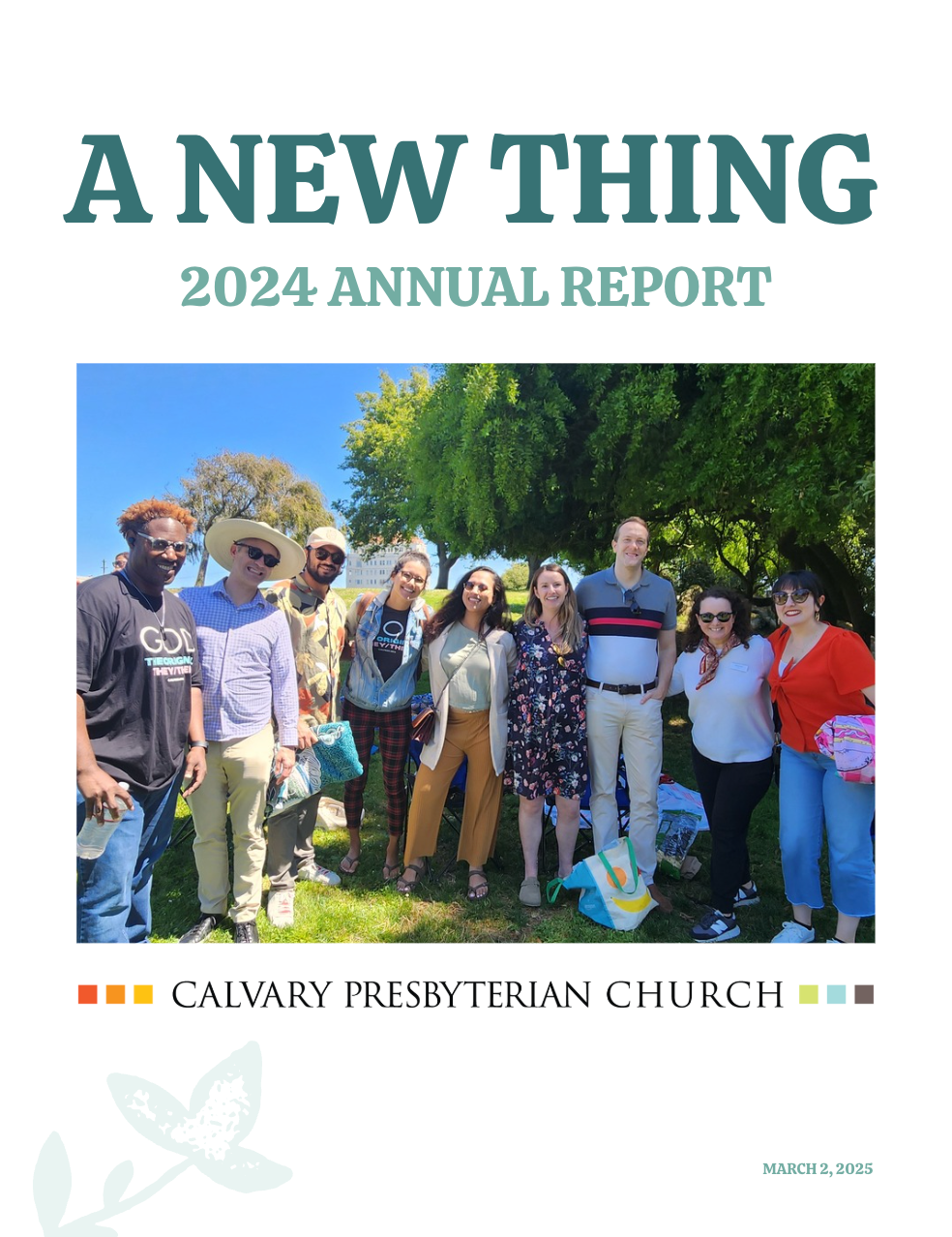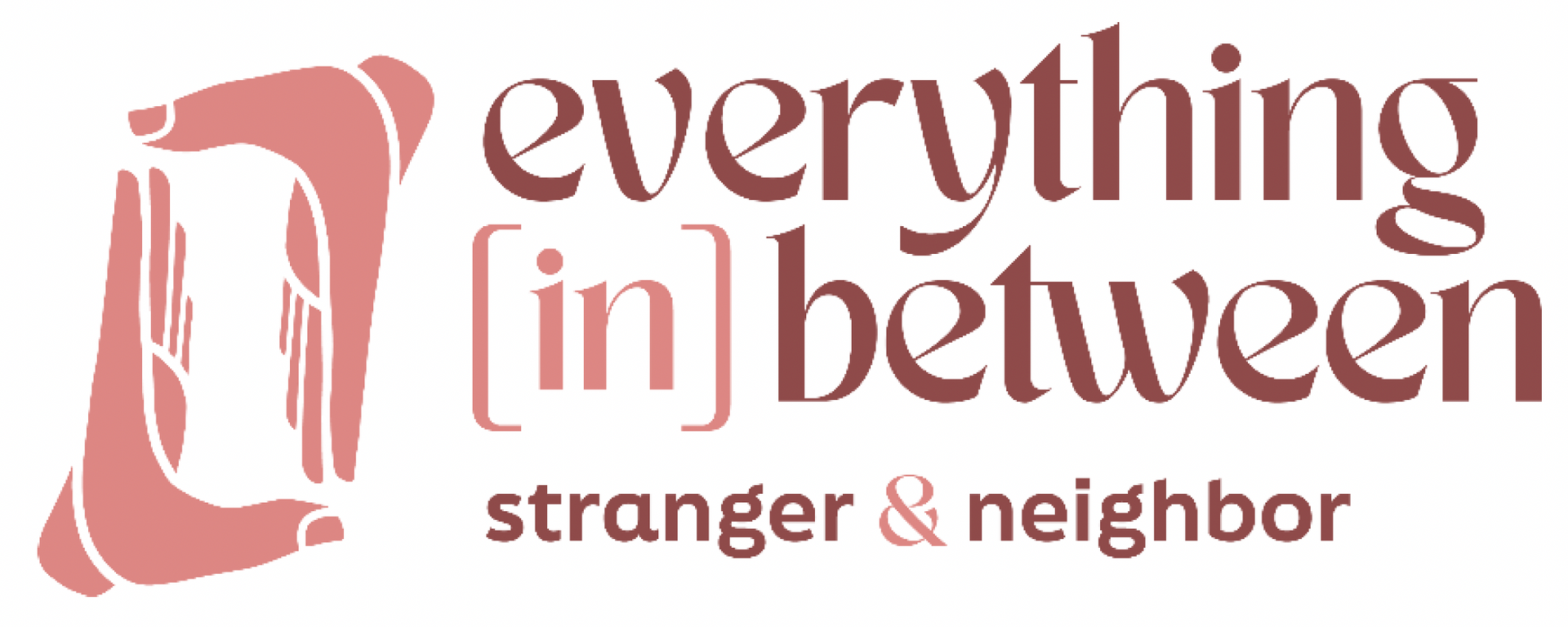Sermon 03.30.2025: Lent 4: Find Your Way Home
The Good Shepherd calls home all of the sheep, even "those" sheep. No matter how far you've wandered, no matter who has tried to separate you from God's fold, Jesus is waiting. It's time for a homecoming.
Scripture
Luke 15:1-32
The Parable of the Lost Sheep
Now all the tax-collectors and sinners were coming near to listen to him.And the Pharisees and the scribes were grumbling and saying, ‘This fellow welcomes sinners and eats with them.’
So he told them this parable: ‘Which one of you, having a hundred sheep and losing one of them, does not leave the ninety-nine in the wilderness and go after the one that is lost until he finds it? When he has found it, he lays it on his shoulders and rejoices. And when he comes home, he calls together his friends and neighbours, saying to them, “Rejoice with me, for I have found my sheep that was lost.” Just so, I tell you, there will be more joy in heaven over one sinner who repents than over ninety-nine righteous people who need no repentance.
The Parable of the Lost Coin
‘Or what woman having ten silver coins, if she loses one of them, does not light a lamp, sweep the house, and search carefully until she finds it?When she has found it, she calls together her friends and neighbours, saying, “Rejoice with me, for I have found the coin that I had lost.” Just so, I tell you, there is joy in the presence of the angels of God over one sinner who repents.’
The Parable of the Prodigal and His Brother
Then Jesus said, ‘There was a man who had two sons. The younger of them said to his father, “Father, give me the share of the property that will belong to me.” So he divided his property between them. A few days later the younger son gathered all he had and travelled to a distant country, and there he squandered his property in dissolute living. When he had spent everything, a severe famine took place throughout that country, and he began to be in need. So he went and hired himself out to one of the citizens of that country, who sent him to his fields to feed the pigs.
He would gladly have filled himself with the pods that the pigs were eating; and no one gave him anything. But when he came to himself he said, “How many of my father’s hired hands have bread enough and to spare, but here I am dying of hunger! I will get up and go to my father, and I will say to him, ‘Father, I have sinned against heaven and before you; I am no longer worthy to be called your son; treat me like one of your hired hands.’ ” So he set off and went to his father. But while he was still far off, his father saw him and was filled with compassion; he ran and put his arms around him and kissed him. Then the son said to him, “Father, I have sinned against heaven and before you; I am no longer worthy to be called your son.” But the father said to his slaves, “Quickly, bring out a robe—the best one—and put it on him; put a ring on his finger and sandals on his feet. And get the fatted calf and kill it, and let us eat and celebrate; for this son of mine was dead and is alive again; he was lost and is found!” And they began to celebrate.
‘Now his elder son was in the field; and when he came and approached the house, he heard music and dancing. He called one of the slaves and asked what was going on. He replied, “Your brother has come, and your father has killed the fatted calf, because he has got him back safe and sound.” Then he became angry and refused to go in. His father came out and began to plead with him. But he answered his father, “Listen! For all these years I have been working like a slave for you, and I have never disobeyed your command; yet you have never given me even a young goat so that I might celebrate with my friends. But when this son of yours came back, who has devoured your property with prostitutes, you killed the fatted calf for him!” Then the father said to him, “Son, you are always with me, and all that is mine is yours. But we had to celebrate and rejoice, because this brother of yours was dead and has come to life; he was lost and has been found.” ’
Sermon
Acknowledgment
This sermon is a tribute to the Rev. Elder Freda Smith (1935-2019) of the Metropolitan Community Churches. Rev. Smith was a pioneer of feminism, gender-inclusive language and LGBTQIA rights. In 1971, she testified before the California State Assembly and helped overturn laws that criminalized homosexuality. Her 1972 sermon “Purple Grass” inspires today's sermon and is quoted liberally. [1]
Soul Train
Please take a good look around you. Look at someone else. Do you see anyone who looks like you? No, you did not. My spiritual she-ro, the Rev. Elder Freda Smith [2] used to say:
There's no one who ever lived, or ever will live, who is exactly like you. Even if you have an identical twin, they're not exactly like you. God does not turn out souls on an assembly line. Each one is unique. When God creates, God uses variation. Even if in every way someone were your identical twin, they would not be like you because your souls would be different. Your soul has your dreams, your experiences, your appetite, [your passions, your longings] your essence. Our bodies change, but our souls are forever. [3]
Our souls reflect our nature. You’ve had one since your first breath. Little beings are not born as blank slates, No matter how parents, pastors, teachers and friends may try, no one can overwrite the soul. Little creatures are born with personality. Their appetites, their temperaments, their charisma, their character—already formed and ready for this world.
No matter who you are, no matter where you are on life’s journey, you and your soul are welcome here, and you are invited to make this flock your home.
Now, let us worship God and nourish our souls.
____
The Lost Sheep
As a child, I learned about Luke 15 through an old hymn called “The Ninety and Nine”. [4]
1. There were ninety and nine that safely lay
In the shelter of the fold
But one was out on the hills away,
Far off from the gates of gold—
Away on the mountains wild and bare,
Away from the tender Shepherd’s care.
Away from the tender Shepherd’s care.
2. Lord, thou hast here thy ninety and nine.
Are they not enough for thee?
But the Shepherd made answer: ’This of mine
Has wandered away from me.
And though the road be rough and steep,
I go to the [mountain] to find my sheep.
I go to the desert to find my sheep.
3. But none of the ransomed ever knew
How deep were the waters crossed,
Nor how dark was the night the Lord pass’d through
Ere [to find the] sheep that was lost.
Out in the desert, [hear] its cry—
Sick and helpless and ready to die.
Sick and helpless and ready to die.
4. But all thru’ the mountains, thunder-riv’n,
And up from the rocky steep,
There arose such a cry to the gate of Heav’n,
“Rejoice, I have found my sheep!”
And the angels echoed around the throne,
“Rejoice, for [God] brings back [God’s] own!”
“Rejoice, for [God] brings back [God’s] own!”
Pioneering feminist, Freda Smith, used to begin her sermon proclaiming herself a sheep expert.
I’m from [Pocatello] Idaho, and I'm going baaaaack! You don’t have to be around sheep too long before you discover that sheep are not independent thinkers. They follow one another. In fact, if one of your sheep goes off the edge of a cliff, you’re probably going to lose the whole flock, one after the other, like California drivers in the fog. [5]
Therefore, by definition, a stray sheep is very un-sheep-like. It has done something different from the rest of the flock. How could it be different? Maybe it had a different appetite, dietary needs. Maybe Little Sheep had to honor the uniqueness of its soul.
Purple Grass
Henry David Thoreau’s essay [6] “The Purple Grasses” says that, even though grass is green to most people, there are also purple grasses. Maybe when all of the other sheep had an appetite for green grass, this little sheep was born with an appetite for purple grass.
Can you imagine Little Sheep’s parents?
Oh dear—you know how parents are—Little Sheep, don’t be different, please. Please don't be different.
Little Sheep wondered, “How do you not be different?”
If you're different, you’re gonna be different. You can’t lie about it. Now someone in here is thinking “but I am a good liar.” Really? The way that God created us, it’s impossible for us to tell a lie without doing violence to our bodies. That’s the secret behind the Lie Detector Test. You’re being untrue. You’re being false. Dishonesty does violence to the body of the one who lies and to the body of those who experience the lie.
[7]
Did you get a little blue sheep sticker as you entered? Take a look.
So Little Sheep said, “OK, Mother Sheep. I won’t even think about purple grass anymore.” (Have you ever tried not to think about something?) But Little Sheep could hear the others gossiping. There’s something peculiar about that one.
Its wool has a funny texture and sometimes its color ain’t right. The way it talks the way it prances around. Have you seen the way it holds its little shank?
Mother Sheep got so worried, she took Little Sheep to the sheep psychiatrist. She said, “Doctor, I’m so worried about my Little Sheep.” And the doctor says, “it looks like a perfectly good little sheep to me.” And she says, “But it’s got an appetite for purple grass.” “Oh…” says the doctor says. “Don’t worry. It’s probably just a stage. It’ll grow out of it, it’ll learn to like what’s really good for it.”
The Categorical Imperative: Be True to You
So, Little Sheep grew and befriended an Older Wiser Sheep who came to Little Sheep one day., “Little Sheep, you should’t eat purple grass.”
Little Sheep said, “Well, why not? I was born with an appetite for it. It doesn’t hurt anybody.” Older Wiser Sheep answered, “If you were older and wiser like I am, you’d be concerned about right and wrong. And if you were concerned about right and wrong, you would have studied ethics. And if you’d have studied ethics, you would have learned about Immanuel Kant’s categorical imperative.”(See, I told you it was older and wiser.) “And if you’d studied Immanuel Kant’s categorical imperative, you’d know that categorical means everybody, and imperative means you must do it. The categorical imperative has two parts. First part: you should always treat others as an end in themselves, and never as a means to an end. People are not transactions. The second part says that you should always act so that the principle of your action could be made a universal principle. Little Sheep, do you realize that if all sheep ate purple grass, there’s not enough to go around. We’d all starve to death. You could set a precedent and be the end of the sheep race.”
Little Sheep said, “Well, I can’t argue with Immanuel Kant, but I can argue with you. It seems to me that my principles would lead everyone to eat what’s good for them. That way, there’ll be plenty to go around. That way, everybody can be happy.”
The Scapegoat (Scapesheep) [8]
Later, Little Sheep thought, “I did pretty good against that one, but here comes the Flock Moralist.”
Flock Moralist said, “Little sheep, you should not eat Purple Grass!”
Little Sheep said, “Well, why not? I was born with an appetite for it. It’s around, if you know where to look for it.”
And the Flock Moralist said, “But the Good Shepherd doesn’t want you to eat purple grass.”
Little Sheep said, “Are you sure the Good Shepherd doesn’t want me to eat Purple Grass?"
Flock Moralist said, “Of course I’m sure. Who do you think I am? I stand behind the pulpit every Sunday morning. I’m on the TikTok, I’m on YouTube! Of course I know what the Good Shepherd wants.”
Little sheep said, “Well, okay, then. I won’t even think about purple grass. I won’t even think about thinking about it.” (Have you ever tried not to think about thinking about something?)
Choosing to Hide
It wasn’t long until all Little Sheep could do was think about what it wasn’t going to think about. Obsessed and hungry and surrounded by green grass eaters blatantly eating green grass all over the place, Little Sheep finally snapped. “Who cares! Who cares what the Good Shepherd thinks anyway? There probably isn’t a Good Shepherd. Whoever saw the Good Shepherd? There probably isn’t such a thing as a Good Shepherd. Probably just something that flock made up to keep me in line. And who needs that flock?”
So, Little Sheep ran away through the mountains, into the wilderness, and did not live happily ever after.
Something was wrong. Just as Little Sheep’s soul needed purple grass, Little Sheep also ended the Good Shepherd, who left a big hollow place in Little Sheep’s disillusioned soul.
Paul Tillich, the theologian, said that faith is a bedrock of our existence. [9]
Hebrews 11: “Faith is the substance of things hoped for, the evidence of things not seen.”
Little Sheep started questioning everything. “What about truth? Whoever saw truth, whoever touched truth? Maybe there really is no such thing. Whoever saw justice. Maybe might does make right. What about love? If I’m cut off from everything, am I still able to love?”
Little Sheep was lost.
All because it was told, “There’s no place for you in the flock.” What about immigrants, transgender children of God, people who just don’t fit the dominant culture? What about public servants and scientists? Artists, musicians? What about our neighbors—Muslims? Jews? Atheists? What’s so wrong about being a Liberal? A Progressive? Moderates and Old School Conservatives?
There were ninety and nine that safely lay
In the shelter of the fold
But one was out on the hills away,
Far off from the gates of gold…
Lord, thou hast here thy ninety and nine.
Are [we] not enough for thee?
We’ve stayed here all this time. We’ve never, ever wandered off. But that one, you don’t want that one. It never fit in, always was strange.
In John 10, Jesus says: “All who came before me are thieves and bandits… The thief comes only to steal, kill and destroy. I come that they may have life and have it abundantly. I am the good shepherd. The good shepherd lays down his life for the sheep… I have other sheep that do not belong to this fold. I must bring them also…So there will be one flock, one shepherd.
And none of the ransomed ever knew
how deep were the waters crossed,
nor how dark was the night that the shepherd went through,
ere to find that sheep that was lost.
Can any night be too dark?
Can any experience place us beyond the reach of God?
Out in the desert, hear its cay
sick and helpless and ready to die.
lost and helpless and ready to die.
Freda Smith says: “I can imagine that little sheep looking up and seeing, coming into that lost place, the Good Shepherd saying, behold, I stand at your door and I knock. And if anyone opens the door, I will enter in.”
Little Sheep just looks at the shepherd in that place of all places, and saying, “Go away. Please just go away and leave me alone.”
And the Good Shepherd comes closer, “All who come to me, I will in no way cast out.”
Little Sheep says, “No, you don't want me. Just go away.”
Good Shepherd asks, “Who told you that I didn't want you?”
“The flock moralist, the one who stands behind the pulpit on Sunday mornings, the one on TikTok and YouTube. She told me that you don’t want me.”
The Good Shepherd says, “I have come that you should have life, and that you should have it abundantly. Come home, Little Sheep.”
Little Sheep shakes it head, “You don’t understand. I was born with an appetite for purple grass.
The good shepherd says, “Before you were formed within your mother, I knew you. I was there. Who do think made the purple grass anyway? Come home, I’ve prepared a place for you. Come home.”
All of us are sinners in the hands of a loving God. [10] Come home. Let God fill that hollow place. Fill it to overflowing.
Then all thru’ the mountains, thunder-riv’n,
And up from the [stormy deep],
There arose such a cry to the gate of Heav’n,
“Rejoice, I have found my sheep!”
And the angels echoed around the throne,
“Rejoice, for [God] brings back [God’s] own!”
“Rejoice, for [God] brings back [God’s] own!”
In the name of the Good Shepherd, it shall be so.
Amen.
1 Kittredge Cherry, Freda Smith: LGBTQ activist, first woman ordained by Metropolitan Community Churches, December 3, 2024, accessed online at < https://qspirit.net/freda-smith/>
2 I regard Freda as a mentor, highly-influential in my pastoral formation.
3 “Purple Grass / Rev. Elder Freda Smith” Resurrection Metropolitan Community Church, September 12, 2010, Sunday Worship, 9 am, Adapted from podcast transcription.
4 Elizabeth Clephane (1830–1869) wrote the words to this hymn, originally called “The Lost Lamb”, alt. < https://www.hymnologyarchive.com/ninety-and-nine#:~:text=Musical evangelist and composer Ira,upon its world-wide mission.>
5 Resurrection podcast
6 < https://stoicbreviary.blogspot.com/p/text-henry-david-thoreau-excursionspoems.html>
7 Brinke, Lee & Carney, “The physiology of (dis)honesty: does it impact health?” ScienceDirect, accessed at: < https://www.sciencedirect.com/science/article/abs/pii/S2352250X15001980#:~:text=Dishonesty is positively associated with,can have negative health outcomes.>
8 See Rene Girard, The Scapegoat.
9 Faith is ‘"the state of being ultimately concerned.” Paul Tillich, 1957, < https://utppublishing.com/doi/pdf/10.3138/uram.16.1- 2.149#:~:text=Paul Tillich has defined faith, or subject of one’s faith.>
10 < https://brianzahnd.com/2015/07/sinners-in-the-hands-of-a-loving-god/>


